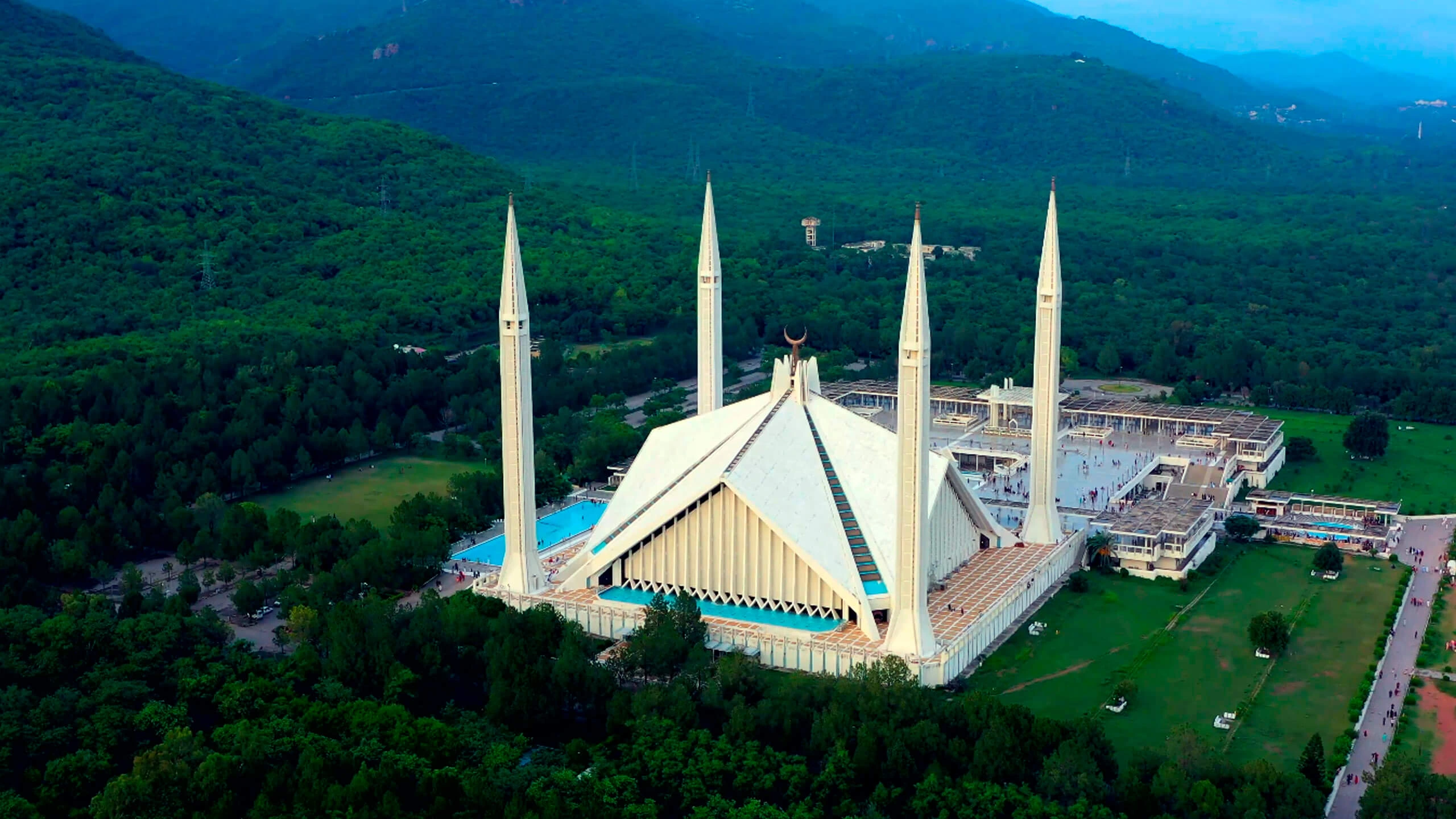The recent controversy sparked by Mufti Kifayatullah’s speech, in which he glorified militants as martyrs struggling for the implementation of islamic law and insulted the victims of terrorism, lays bare a dangerous and deeply flawed narrative. His statements, delivered from the platform of Pashtun National Jirga, are not merely personal opinions but a deliberate attempt to legitimize armed rebellion and delegitimize the Pakistani state. This narrative, which echoes the propaganda of groups like the Tehreek-e-Taliban Pakistan (TTP), is both bogus and illogical. It stands in direct contradiction to Pakistan’s constitutional foundations, the consensus of its leading religious scholars, and the sacrifices of a nation that has endured decades of violence.
Is Pakistan an “Un-Islamic State?”
A fundamental pillar of extremist rhetoric is the claim that the Pakistani state is “un-Islamic” and therefore a legitimate target for armed struggle. This argument crumbles under the weight of history and fact. The 1973 Constitution of Pakistan establishes the country as an Islamic Republic and makes Islam its fundamental law. Crucially, this constitution was not imposed by a single faction but was the result of a broad national consensus, ratified and supported by prominent leaders of the country’s religious parties. Figures like Professor Ghafoor Ahmad of Jamaat-e-Islami, Mufti Mahmood of Jamiat Ulema-e-Islam (JUI), and Maulana Shah Ahmad Noorani of Jamiat Ulema-e-Pakistan (JUP) were instrumental in its crafting and approval. Their support and subsequent ratification of the constitution demonstrate that the document reflects the aspirations of the country’s religious and political mainstream, making the TTP’s claim of an un-Islamic state not only false but an insult to the nation’s mainstream religious leadership.
The Fatwas against Armed Rebellion
Beyond the constitutional framework, the theological basis for refuting extremist ideology is overwhelming. In 2018, over 1,800 scholars from all schools of thought, Sunni, Shia, and others, came together to issue a historic decree known as the Paigham-e-Pakistan declaration. This comprehensive fatwa unequivocally declared all forms of armed rebellion against the state as Haram (forbidden) and branded militant groups like the TTP as un-Islamic. The decree condemned suicide bombings and the murder of innocent citizens as heinous crimes against humanity. It reaffirmed that the authority to wage Jihad rests solely with the state, not with any individual or group. In 2023, Mufti Taqi Usmani, one of Pakistan’s most prominent Islamic scholars, declared that any armed activity against the state is haram (forbidden) and an act of rebellion. Maulana Fazal-ur-Rehman, a prominent religious and political leader in Pakistan, has repeatedly stated that anyone who takes up arms against the state is committing an act of terrorism.
These statements, and many others, serve as a definitive theological rebuttal to the TTP’s violence-driven ideology and to anyone who holds a soft corner for it.
Contradictions in Narrative
The platforming of Mufti Kifayatullah’s rhetoric also brings into question the motives of those who gave him a stage. While some of these recent Jirgas demand accountability from the state, they are often criticized for their refusal to issue an equally strong condemnation of the TTP, in effect giving the terrorists indirect support. This dualism is a deeply problematic feature of the narrative espoused by some nationalist movements. Their focus on blaming the Pakistani state for the violence and suffering, while simultaneously platforming individuals who glorify the very militants responsible for that suffering, is a glaring contradiction. This tactic is a textbook example of a group undermining national sacrifices against terrorism while framing extremist sympathizers as defenders of a community. The PTM’s defense of Mufti Kifayatullah, followed by a weak excuse of personal opinion, exposes a complicity with a narrative that has caused untold grief to the very people they claim to represent.
This ambiguity is made even more dangerous by a recent strategic shift on the part of the TTP. In a bid to broaden its appeal and gain legitimacy, the TTP has actively begun to incorporate elements of Pashtun nationalism into its propaganda. It no longer relies solely on a religious narrative but now seeks to present itself as a defender of Pashtun rights and a champion of ethnic grievances.
The Path of Peace and Constitution
Ultimately, the argument that armed rebellion is justified is a facade. It is an illogical and baseless claim that disregards the principles of an Islamic constitution, the collective wisdom of thousands of scholars, and the immense sacrifices made by the Pakistani state and its people. The true path to Pashtun rights lies not in embracing extremist propaganda, but in the peace, education, and development that can only be achieved by upholding the Constitution. It is a path of dialogue and political participation, not one of violence and self-destruction. The commentary of Mufti Kifayatullah, and those who enable him, must be seen for what it is: a dangerous and deceitful narrative that has no place in a country striving for peace and prosperity. The time has come to definitively and publicly refute such narratives, not just with words, but with a firm commitment to the principles of law, faith, and national unity.






![Ukrainian and Russian flags with soldier silhouettes representing ongoing conflict. [Image via Atlantic Council].](https://southasiatimes.org/wp-content/uploads/2026/02/2022-02-09T000000Z_1319661209_MT1NURPHO000HXCNME_RTRMADP_3_UKRAINE-CONFLICT-STOCK-PICTURES-scaled-e1661353077377.jpg)
